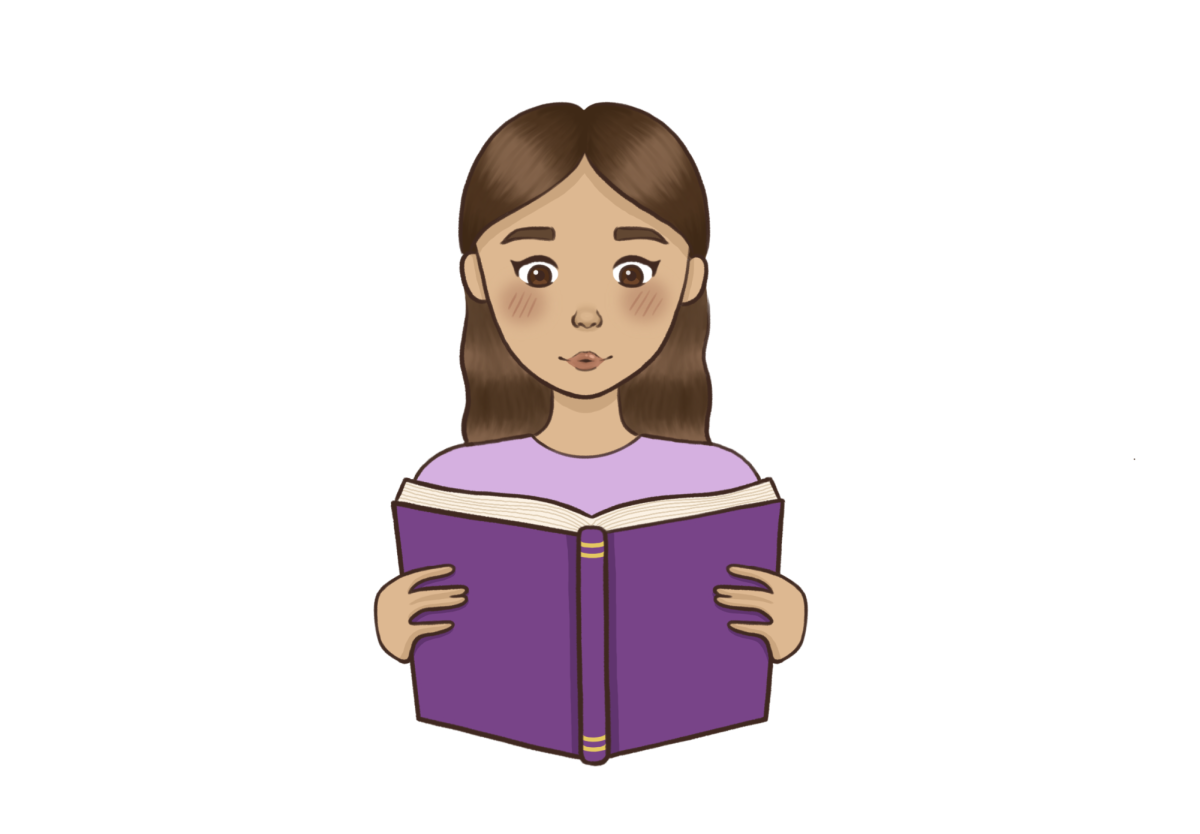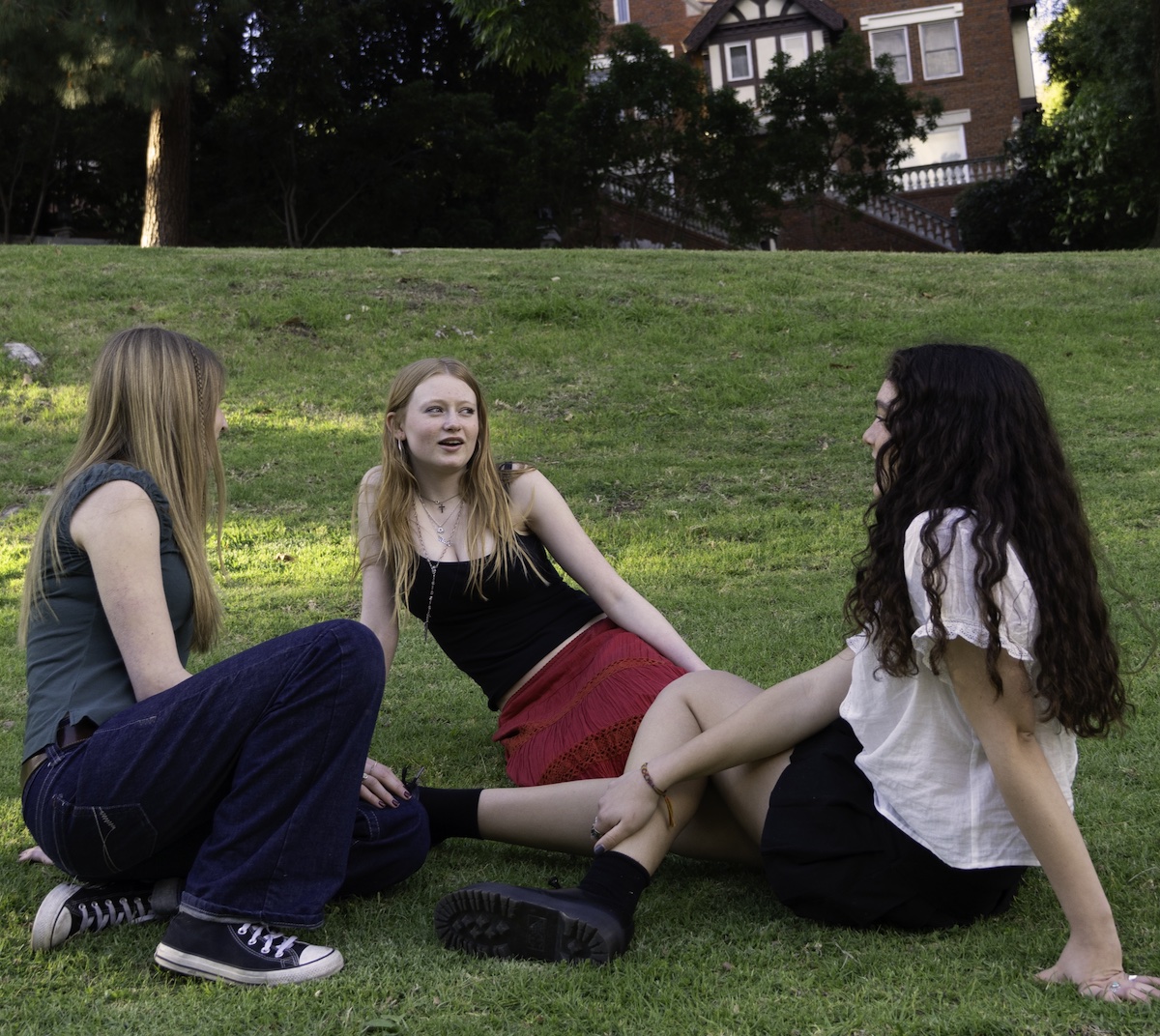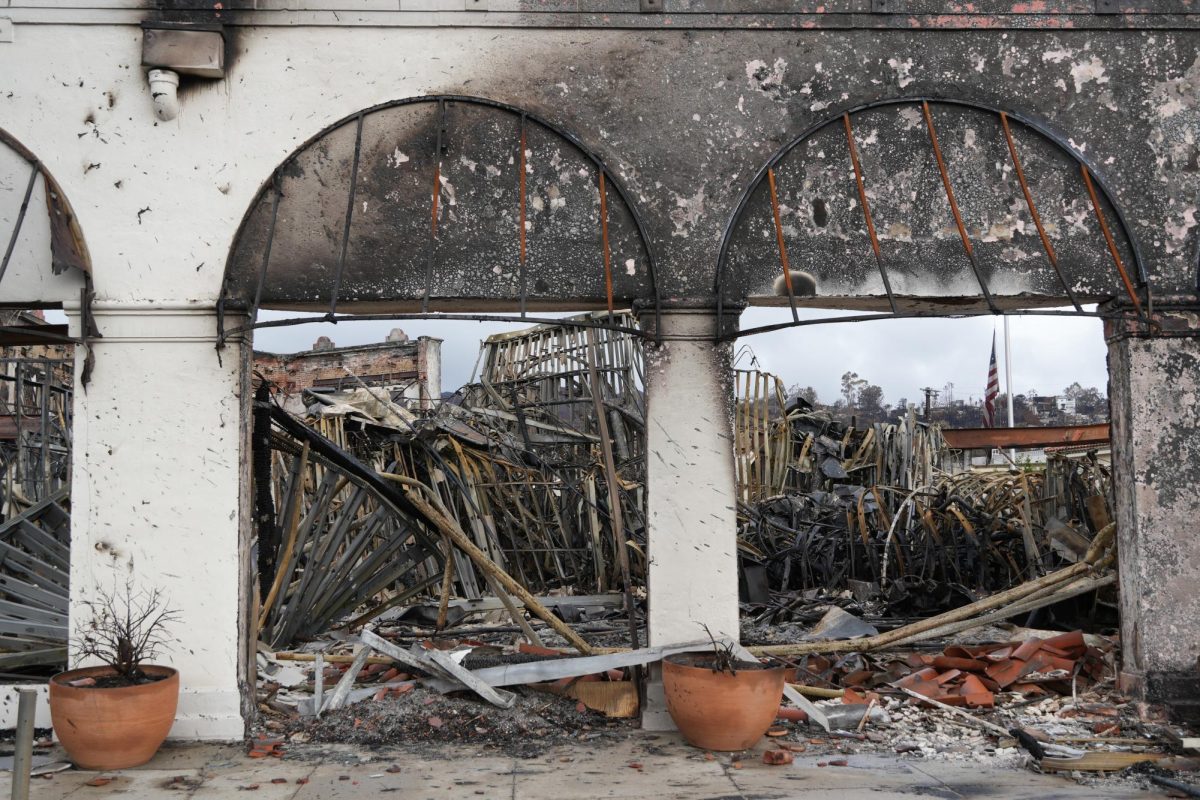By Emma ’21 and Lianna ’22
Dear_marlborough
Following the murder of George Floyd and the subsequent resurgence of the Black Lives Matter movement, students from around the country are leveraging social media platforms to fight for racial justice. In particular, students are using social media platforms to share petitions, spread educational resources and inform others on how to get involved.
Along with utilizing social media platforms to propagate resources and information in order to educate others on the movement, the emergence of Instagram accounts linked with universities and predominantly white institutions alike, has provided students of color the opportunity to share their experiences with racism on campus.
The Instagram account @dear_marlborough is just one of many accounts calling attention to racism in schools based in the Los Angeles area. The account provides an anonymous platform for BIPOC members of the Marlborough community to share their experiences with racism. Since its creation in June, the account has amassed over 1,800 followers and more than 200 posts.
Posts range from experiences with tokenism, microaggressions, racist comments and being silenced by the Marlborough administration.
“Going to Marlborough as a BIPOC means having to make yourself naive to the constant microaggressions, nasty looks and overt racism you experience on the daily in order to get yourself through the day,” one post read.
“Marlborough loves to put minorities on the covers of things but doesn’t provide the resources to make us feel comfortable at the institution. We are not your prize Black, Latina or POC student,” another post read.
As members of the Marlborough community continue to share their stories, Marlborough students are also expressing their support for the account. In a survey sent out to the Marlborough student body, respondents wrote about their opinions towards @dear_marlborough.
“I think that the account is great in both helping previously uninformed students better understand the often more difficult experiences of their fellow students of color,” an anonymous respondent wrote. I also think the anonymous and community-based approach of the account in discussing Marlborough’s racial issues (rather than having to go through administration) has been long-needed.”
Jalen ’22 believes that the account has given a voice to so many unheard students and shed light on so much suppressed pain from BIPOC on campus.
“[Dear_marlborough] has been absolutely empowering and courageous. Most importantly, it is a public resource for the people who run our school to use when they begin this journey for change on campus,” she said. “There is no excuse to not listen to our voices.”
Marlborough Administration Response to Dear_marlborough
In the same survey sent out to the Marlborough student body, 94 percent of respondents said that the Marlborough administration should respond to and address the concerns being raised on @dear_marlborough.
“They need to read as much as they can and just listen. Then they need to think about the painful experiences students have had and do better,” one respondent wrote. “In this instance, there is no more ‘we will try.’ I don’t want to hear ‘try.’ I want to hear ‘do.’ No excuses.”
The criticism comes amidst a series of sweeping reforms by the school, headlined by the Equity Leads Education initiative. According to an email from Head of School Pricilla Sands announcing the new initiative, it is meant to be a “beacon, ensuring that equity remains at the forefront of all we [the Marlborough administration and community] do.” The statement was crafted by a planning committee that has been discussing the proposal since August 2019. The committee, led by Saladin Patterson, included parents, staff, faculty, alumnae and trustees.
The administration has pledged as part of its new Equity Leads Education initiative they plan to re-evaluate its policies surrounding student discipline. Marlborough’s website states that the school is currently undergoing an audit of its disciplinary policies, including shifting emphasis from punishment to “restorative practices,” and “doing a thorough inventory of all school policies using the racist/antiracist lens.”
The changes to the curriculum are another area of focus for the new vision statement. Changes include more discussions surrounding race, gender, sexual orientation, class and other ways of situating Marlborough students in a curriculum that gives them a voice. The history department, for instance, is broadening the scope of its classes to include groups, ideas and civilizations previously not represented. New historical figures have been added to the seventh grade Reformers Project, to make the list of choices now two-thirds reformers of color; the tenth grade curriculum will feature author Maria Ruiz de Burton and activism by the Salvadoreñx diaspora in the 1980s as part of an effort to focus more on Latinx history. Meanwhile, the language department has updated its curriculum to have renewed focus on social justice and cultural learning in each unit and added a Korean Culture and Language elective.
Beyond changes to discipline and academics at Marlborough, the admissions process has also been overhauled. Beginning with the upcoming 2020-2021 school year, Marlborough will no longer require the Independent School Entrance Examination, a standardized test previously considered in admissions decisions. A letter from Director of Enrollment Management Jeanette Woo Chitjian explains the inequities present in using the test for admission, “including less familiarity with the test for those outside of the independent school community, and unequal access to resources for test preparation.”
Teacher-Led Initiatives
In addition to reforms and policy changes spearheaded by the Board of Trustees and administration, individual teachers have taken initiative to critically reflect on their teaching and classroom practices, as well as introducing ways to improve them. Dean of Faculty Helen Mendoza and Director of Technology and Digital Education Shauna Davis collaborated to create an online summer program for staff and faculty that aimed to promote equity in teaching.
Davis said the program was meant to provide an opportunity for professional growth and development specifically tailored to the Marlborough community, and with the central themes of connection, equitable pedagogy and social and emotional well-being.
“When we went [transitioned to online learning], we were all trying to take a lot of professional growth experiences,” Davis explained. “We were engaging in webinars, online courses, we were reading a lot. And when we came away from these experiences, we felt there were valuable nuggets, but we really started, through conversations and reflections, realizing that we could create something more specific and meaningful to the community.”
The class, which included lectures, videos, and interactive activities, was meant to last about three weeks, with 3-5 hours of work per week. However, to adapt to the varying schedules of the faculty participating, the program consisted exclusively of asynchronous work that participants could complete on their own schedule. So far, 70% of faculty have either been involved in creating the course or participated in it, and the course remains open for any faculty who would still like to take the course or to revisit it.
Davis anticipates the program will have an immediate effect on how classroom learning, discussions and discipline are conducted.
“In this world that we’re in, there’s new possibilities. And also with that underlying motivation that we want an equitable experience for all of our students, and how can we do that. I think you’ll see practices on MyMarlborough being more consistent and it will be wonderful to receive and talk to students about how this has impacted your learning,” Davis said. She added that many classes will have classroom agreements on what an online learning environment looks like.
Mendoza said that rubrics are another area of change going into the school year. “There’s a whole section in the equitable pedagogy focus week [of the online program] around rationale for why rubrics make sense, and a more equitable form [for] students to show mastery of learning targets,” she said. “There are a number of teachers who have really taken that and run with it. I know some in the science dept and world languages dept are already doing that, but I think that’s a practice that a lot of teachers are now going to focus on next year.”






